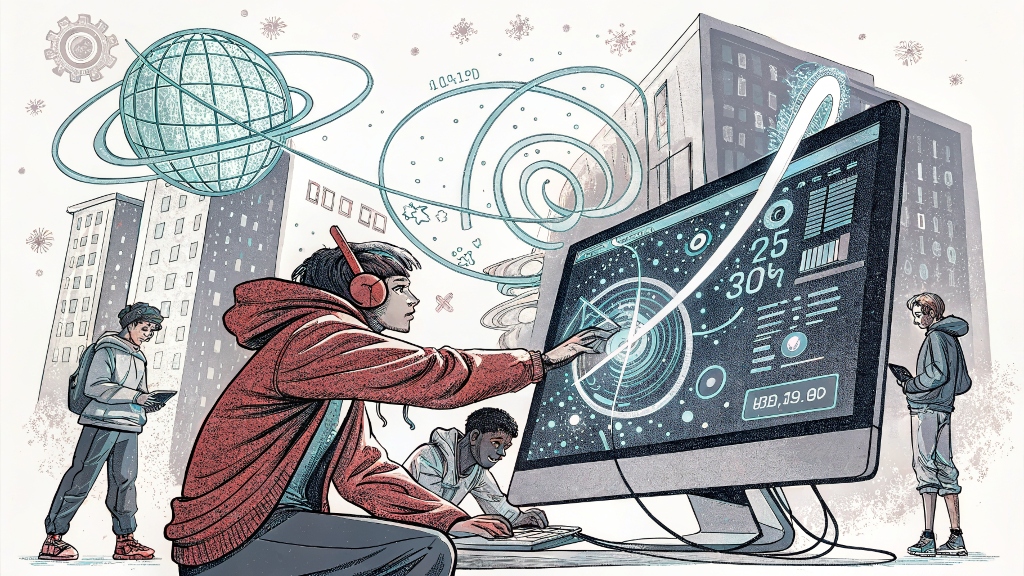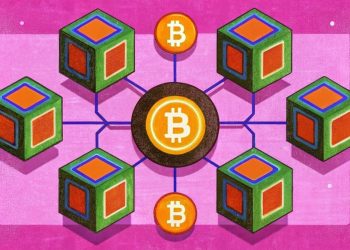
Blockchain-Powered Platforms Are Revolutionizing How We Bet on and Predict Real-World Events
Decentralized prediction markets are rapidly transforming the way individuals and organizations forecast future events and hedge against uncertainty. By harnessing blockchain technology, these platforms offer a transparent, trustless, and global alternative to traditional betting and forecasting systems. Whether it’s politics, sports, finance, or scientific breakthroughs, decentralized prediction markets are democratizing access to information and enabling anyone, anywhere, to participate in the collective intelligence of the crowd.
What Are Decentralized Prediction Markets?
A decentralized prediction market is a blockchain-based platform where participants can buy and sell shares representing the outcomes of future events. These markets reward users for accurately forecasting results, such as election winners, sports scores, cryptocurrency prices, or even weather events. Unlike traditional, centralized prediction markets—often managed by a single entity—decentralized prediction markets operate without intermediaries, relying on smart contracts and distributed networks to ensure fairness, transparency, and security.
The core idea is simple: if you believe you know the outcome of a future event, you can buy a token or contract representing that outcome. If your prediction is correct, you earn a reward; if not, you lose your stake. The prices of these outcome tokens fluctuate in real time, reflecting the market’s consensus probability of each possible result.
How Do Decentralized Prediction Markets Work?
Decentralized prediction markets are powered by several key blockchain technologies and mechanisms:
Blockchain Foundation
At their core, these markets are built on blockchain networks such as Ethereum or Polygon. Every transaction—placing a bet, trading a token, or settling an outcome—is recorded immutably on the blockchain, ensuring transparency and preventing tampering.
Smart Contracts
Smart contracts are self-executing programs that automate the creation, management, and settlement of prediction markets. When a user places a bet, the terms are encoded in a smart contract. Once the event concludes, the contract automatically distributes rewards to winners based on predefined rules, eliminating the need for a central authority or trusted third party.
Tokenization of Predictions
Each possible outcome in a prediction market is represented by a blockchain-based token. Users buy, sell, or trade these tokens, which can be priced between $0 and $1 (or the equivalent in other cryptocurrencies). The market price of each token reflects the collective belief in the likelihood of that outcome. For example, if a token predicting “Candidate A wins the election” trades at $0.70, the market estimates a 70% chance of that result.
Oracles
Smart contracts cannot access real-world information on their own. Oracles are specialized systems or networks that feed external data—such as election results or sports scores—into the blockchain. Decentralized oracles aggregate data from multiple sources, reducing the risk of manipulation and ensuring accurate event resolution.
Automated Market Makers (AMMs) and Liquidity Pools
To facilitate trading and ensure liquidity, many decentralized prediction markets use automated market makers (AMMs). These are pools of tokens managed by smart contracts that automatically adjust prices based on supply and demand. Liquidity pools, funded by users, ensure that participants can always buy or sell outcome tokens, though smaller pools may be subject to price slippage.
Payout Mechanisms
Decentralized prediction markets use either fixed or variable (pari-mutuel) payout structures. In fixed payout markets, winning tokens pay a set amount (e.g., $1), while losing tokens pay nothing. In pari-mutuel markets, all bets are pooled and winners share the pool proportionally, with exact payouts determined after the event.
Key Advantages of Decentralized Prediction Markets
Decentralized prediction markets offer several compelling benefits over their centralized counterparts:
- Transparency and Trust: Every transaction and market outcome is recorded on a public blockchain, making the process open to scrutiny and reducing the risk of fraud or manipulation.
- Global Accessibility: Anyone with an internet connection and a crypto wallet can participate, regardless of geographic location or financial status.
- Lower Fees: By eliminating intermediaries, decentralized platforms often charge lower fees, maximizing user returns.
- Censorship Resistance: Decentralized markets are less vulnerable to government restrictions or corporate censorship, enabling free expression and participation.
- Enhanced Accuracy: The “wisdom of the crowd” effect often leads to more accurate predictions than expert panels or traditional polls, especially in large, liquid markets.
- Financial Inclusion: Users can hedge against real-world risks or profit from their knowledge, even in regions underserved by traditional financial systems.
Popular Use Cases and Real-World Examples
Decentralized prediction markets are already making waves across various sectors:
Politics
Platforms like Polymarket have gained notoriety for offering markets on major elections and political events. In some cases, these markets have outperformed traditional pollsters in predicting outcomes, thanks to the aggregated knowledge and incentives of thousands of participants.
Sports and Entertainment
Users can bet on the outcomes of sports matches, award shows, or even reality TV competitions. The decentralized nature of these platforms ensures that no single entity can manipulate results or withhold payouts.
Finance and Crypto
Prediction markets allow speculation on cryptocurrency prices, stock market movements, or economic indicators. Traders can hedge against volatility or profit from market insights without relying on centralized exchanges.
Scientific and Social Forecasting
Some platforms enable markets on scientific discoveries, technological breakthroughs, or major societal trends, turning collective curiosity into actionable forecasts.
Enterprise and Internal Forecasting
Companies have used internal prediction markets to forecast project milestones, product launches, or sales targets, leveraging employee insights for better decision-making.
Leading Platforms in the Space
Several decentralized prediction market platforms have emerged as industry leaders:
- Augur: Built on Ethereum, Augur allows users to create and trade markets on virtually any verifiable event. Its open-source protocol and user-generated markets have made it a pioneer in the space.
- Polymarket: Operating on Polygon, Polymarket focuses on real-world events and has become one of the most popular platforms by trading volume.
- Gnosis: Known for its customizable market mechanisms, Gnosis supports a wide range of prediction markets and is a major player by market capitalization.
- TotemFi: This platform offers non-punitive, staking-based prediction markets, rewarding users even if their predictions are incorrect, and pays out in both BTC and its native token.
Risks and Challenges
Despite their promise, decentralized prediction markets face several challenges:
- Regulatory Uncertainty: The legal status of betting and derivatives varies by country, and decentralized platforms often operate in gray areas. Users should be aware of local regulations before participating.
- Oracle Reliability: The accuracy of market outcomes depends on oracles. If an oracle is compromised or provides false data, it can disrupt payouts and undermine trust.
- Liquidity Constraints: Some markets may suffer from low participation, leading to price slippage and reduced trading opportunities.
- Market Manipulation: While blockchain transparency deters some forms of fraud, low-liquidity markets can still be vulnerable to manipulation by large players.
- Technological Risks: Bugs in smart contracts or platform code can lead to financial losses or security breaches.
The Broader Impact on Finance and Society
Decentralized prediction markets represent a paradigm shift in how societies aggregate information, manage risk, and forecast the future. By democratizing access to forecasting tools and leveraging global collective intelligence, these platforms have the potential to improve decision-making in business, government, and everyday life.
As blockchain adoption accelerates and regulatory frameworks evolve, decentralized prediction markets are poised to play an even greater role in the global economy. Their ability to provide transparent, efficient, and censorship-resistant platforms for betting, forecasting, and hedging makes them a powerful tool for individuals and institutions alike.
The next decade will likely see even more innovation in this space, from integrations with artificial intelligence and cross-chain interoperability to new incentive models and governance structures. As decentralized prediction markets continue to mature, they will not only disrupt traditional betting and forecasting industries but also contribute to a more open, informed, and participatory digital society.

















